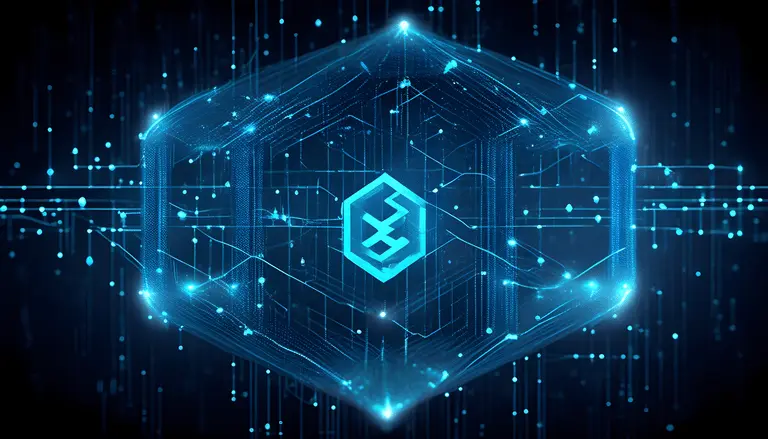Blockchain technology has revolutionized the way we perceive digital transactions and data management. Its decentralized nature offers unparalleled autonomy and transparency, reshaping numerous industries. However, this innovation is not without its challenges, particularly concerning security. As blockchain applications become increasingly integral in various sectors, the imperative for stringent security measures, specifically through comprehensive security audits, becomes paramount.

Understanding the Role of Security Audits in Blockchain:
Security audits in blockchain are more than just routine checks; they are the backbone of blockchain security. These audits offer a structured methodology to identify, evaluate, and mitigate risks within blockchain networks and smart contracts. Audits cover a wide range of areas, including code integrity, network architecture, consensus mechanisms, and data transmission protocols. Through meticulous examination of blockchain infrastructure, these audits provide essential insights into potential vulnerabilities and strategies for reinforcement.
Identifying and Mitigating Security Risks:
The blockchain landscape is fraught with complex security challenges, ranging from smart contract vulnerabilities to protocol-level exploits. Security concerns such as phishing attacks, Sybil attacks, double-spending vulnerabilities, and consensus manipulation are just a few examples of the numerous threats that blockchain developers and users face. Proactive security audits are crucial in identifying and mitigating these risks before they can be exploited.
The Comprehensive Process of Security Auditing:
Security auditing in blockchain is a detailed process that unfolds in several stages, each focusing on uncovering vulnerabilities and enhancing security measures. This process includes scoping, objective definition, vulnerability assessment, and remediation, ensuring thoroughness and precision. Techniques used in the audit process encompass automated scanning tools, manual code review, threat modeling, and penetration testing, providing a comprehensive assessment of the blockchain infrastructure.
Balancing Automated Analysis with Manual Review:
While automated analysis tools are efficient in identifying common vulnerabilities, they lack the depth provided by manual review. A combination of these methods allows auditors to detect subtle vulnerabilities and understand the broader implications of coding practices and architectural decisions. The manual review also enables auditors to contextualize findings and recommend practical remediation strategies.
Dispelling Misconceptions About Blockchain Audits:
Despite their critical role, misconceptions persist about the efficacy and scope of security audits. While these audits offer valuable insights and recommendations, they are not a panacea for all security challenges. The dynamic nature of blockchain technology requires continuous monitoring and adaptation to new threats. Security audits are foundational but should be complemented by ongoing vigilance and proactive risk management.
Cost Considerations in Security Audits:
The cost of conducting a security audit in blockchain varies based on project complexity, scope, and auditor expertise. While there are initial costs, the long-term benefits of mitigating security risks and protecting user assets far outweigh these expenses. Cost-effective solutions like automated scanning tools and crowd-sourced vulnerability assessments provide affordable options for enhancing blockchain security.
In Conclusion:
Security audits are an essential component of blockchain development, serving as proactive measures to identify, assess, and mitigate security risks. Embracing comprehensive security auditing practices instills confidence among users, stakeholders, and regulatory authorities, reinforcing the integrity and resilience of decentralized ecosystems. As blockchain technology continues to evolve, prioritizing robust security practices and embracing continuous improvement is vital for confidently navigating the intricate landscape of digital innovation.
Disclaimer
FAQ
Blockchain is a distributed ledger technology ensuring secure and tamper-proof transactions, shared across a network.
Yes, blockchain enhances cybersecurity by making data difficult to hack or alter through it's decentralized structure.
Blockchains record cryptocurrency transactions like Bitcoin securely and transparently.


